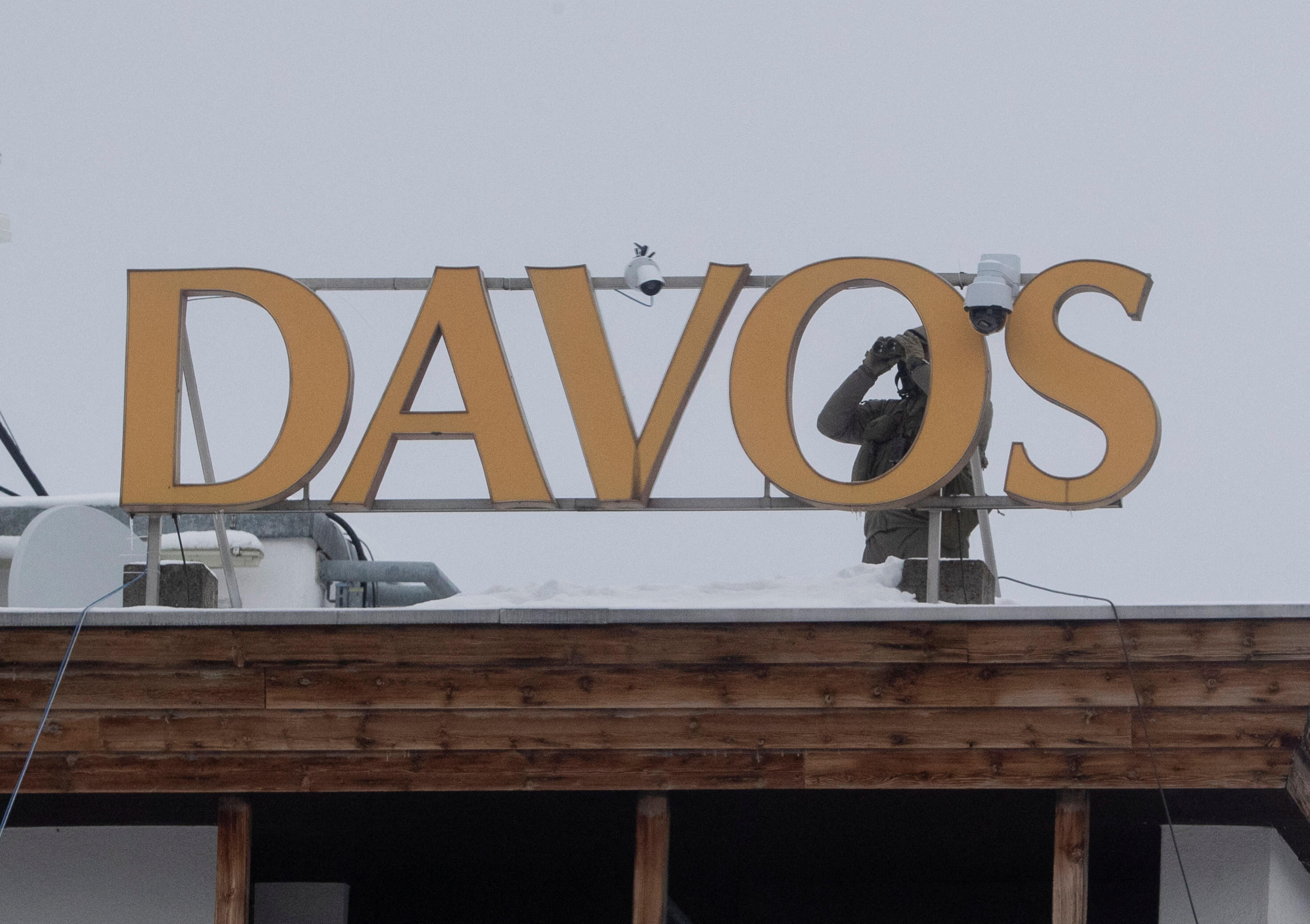Davos is back to being Davos in more ways than one. After two years of postponement due to the pandemic, and following a smaller, spring-ier version last May, the World Economic Forum is again booming. Organizers boast there are 2,700 leaders from both the public and private sectors in attendance from across at least 130 countries. And the weather feels like the Davos regular attendees remember: snowy, slippery streets, and sub-freezing temperatures.
But there are a few noticeable differences from years past. Thus far, only one leader of a G7 nation, Germany’s Olaf Scholz, is confirmed to attend. China’s Xi Jinping won’t be making the schlep to Switzerland, and neither will US President Joe Biden. By and large, the presence of big tech companies seems slightly subdued, and the word “crypto” isn’t being thrown around like rock salt on the streets this time. (Note: Apparently, actual rock salt is banned here – so you need to be Johnny Weir to cross the street.)
Nearly everyone we’ve talked to on the ground so far has found a way to slip the Forum’s central theme, “Cooperation in a Fragmented World,” into the conversation. That’s meant to conjure up public and private partnerships and the importance of multinational, multistakeholder approaches to what the WEF (and other big thinkers like Adam Tooze) have referred to as “the polycrisis,” a fancy geopolitical way of saying a ton of bad shit is happening to the world all at once.
There is another fragmentation on people’s minds beyond geopolitical divides: the widening inequality gap at a time when the cost of living continues to rise globally, and most indicators of human advancement and development have suffered serious setbacks over the last couple of years. Open questioning of the relevance of Davos, even over sips of free tea and coffee in lounges provided by the United Arab Emirates and India, is not uncommon.
On Monday, a headline from the Forum was a new “Chief Economists Outlook” report that found two-thirds of top economists believe there will be a global recession in 2023, and 91% expect weak or very weak growth for the U.S. this year.
Also, Oxfam released another side of the global story, called “Survival of the Richest,” detailing huge leaps in wealth made by the world’s richest people despite the economic downturn. A summary of the study stated, “During the pandemic and cost-of-living crisis years since 2020, $26 trillion (63 percent) of all new wealth was captured by the richest 1 percent, while $16 trillion (37 percent) went to the rest of the world put together.”
Spoiler alert: The timing was not coincidental.
Can an elite gathering in the Swiss Alps produce meaningful solutions that put societies back on track toward progress? It’s only Day One, so we will keep you posted.
Follow GZERO Media on Instagram for our coverage of the sights and sounds of Davos 2023.
- China is open for business: Chinese Vice Premier at Davos - GZERO Media ›
- US protectionism could trigger "war of subsidies" with Europe - GZERO Media ›
- Russia's tragic brutality and the humbling of the West - GZERO Media ›
- Davos 2023: We're in polycrisis - GZERO Media ›
- Demystifying Davos: Behind the scenes with GZERO & Microsoft - GZERO Media ›
- Podcast: Davos, meet humility: grappling with Russia & egregious violations of international law - GZERO Media ›
- Watch our Davos event on Jan. 18: Making AI Work for the World - GZERO Media ›
